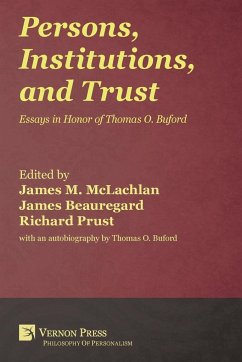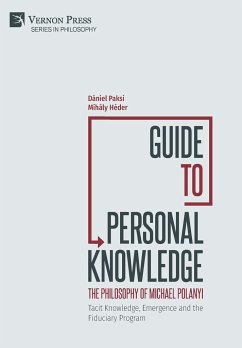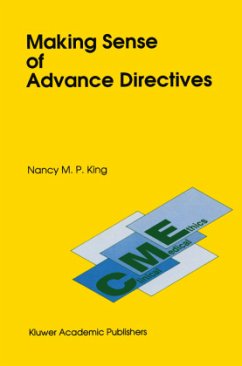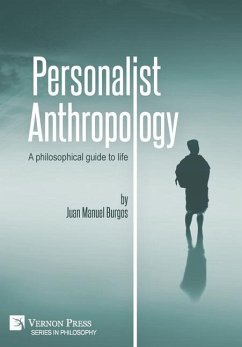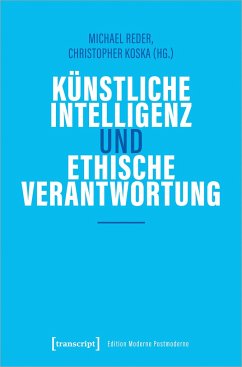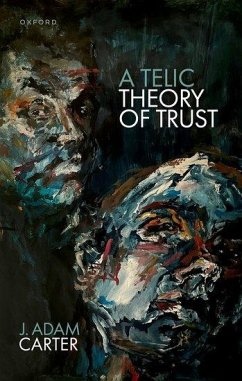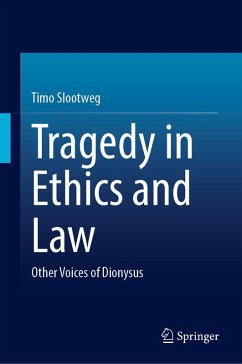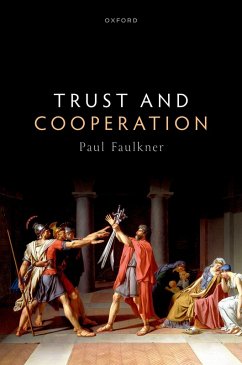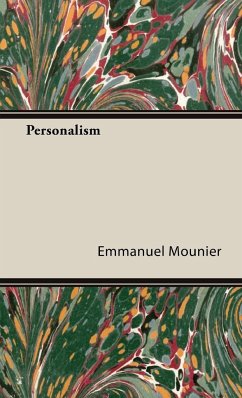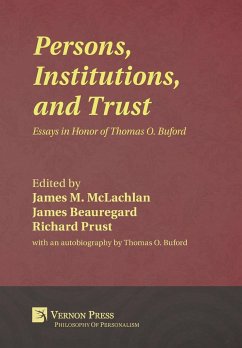
Persons, Institutions, and Trust
Essays in Honor of Thomas O. Buford
Herausgeber: McLachlan, James M; Beauregard, James
Versandkostenfrei!
Versandfertig in über 4 Wochen
72,99 €
inkl. MwSt.
Weitere Ausgaben:

PAYBACK Punkte
36 °P sammeln!
The papers presented in this volume honor Thomas O. Buford. Buford is Professor Emeritus in Philosophy at Furman University where he taught for more than forty years. Several of the papers in this volume are from former students. But Professor Buford is also a pre-eminent voice of fourth generation Personalism, and Boston Personalism in particular. Personalism is a school of philosophical and theological thought which holds that the ideas of "person" and "personality" are indispensable to an adequate understanding of all metaphysical and epistemological problems, as well as are keys to an adeq...
The papers presented in this volume honor Thomas O. Buford. Buford is Professor Emeritus in Philosophy at Furman University where he taught for more than forty years. Several of the papers in this volume are from former students. But Professor Buford is also a pre-eminent voice of fourth generation Personalism, and Boston Personalism in particular. Personalism is a school of philosophical and theological thought which holds that the ideas of "person" and "personality" are indispensable to an adequate understanding of all metaphysical and epistemological problems, as well as are keys to an adequate theory of ethical and political human interaction. Most personalists assert that personality is an irreducible fact found in all existence, as well as in all interpretation of the meaning of existence and the truth about experience. Anything that seems to exist impersonally, such as inanimate matter, nevertheless can exist and have meaning only as related to some personal being. The Boston Personalist tradition was inaugurated by Borden Parker Bowne and continued by Edgar S. Brightman, Peter Bertocci, John Lavely, Carol Robb, and Martin Luther King, Jr.



